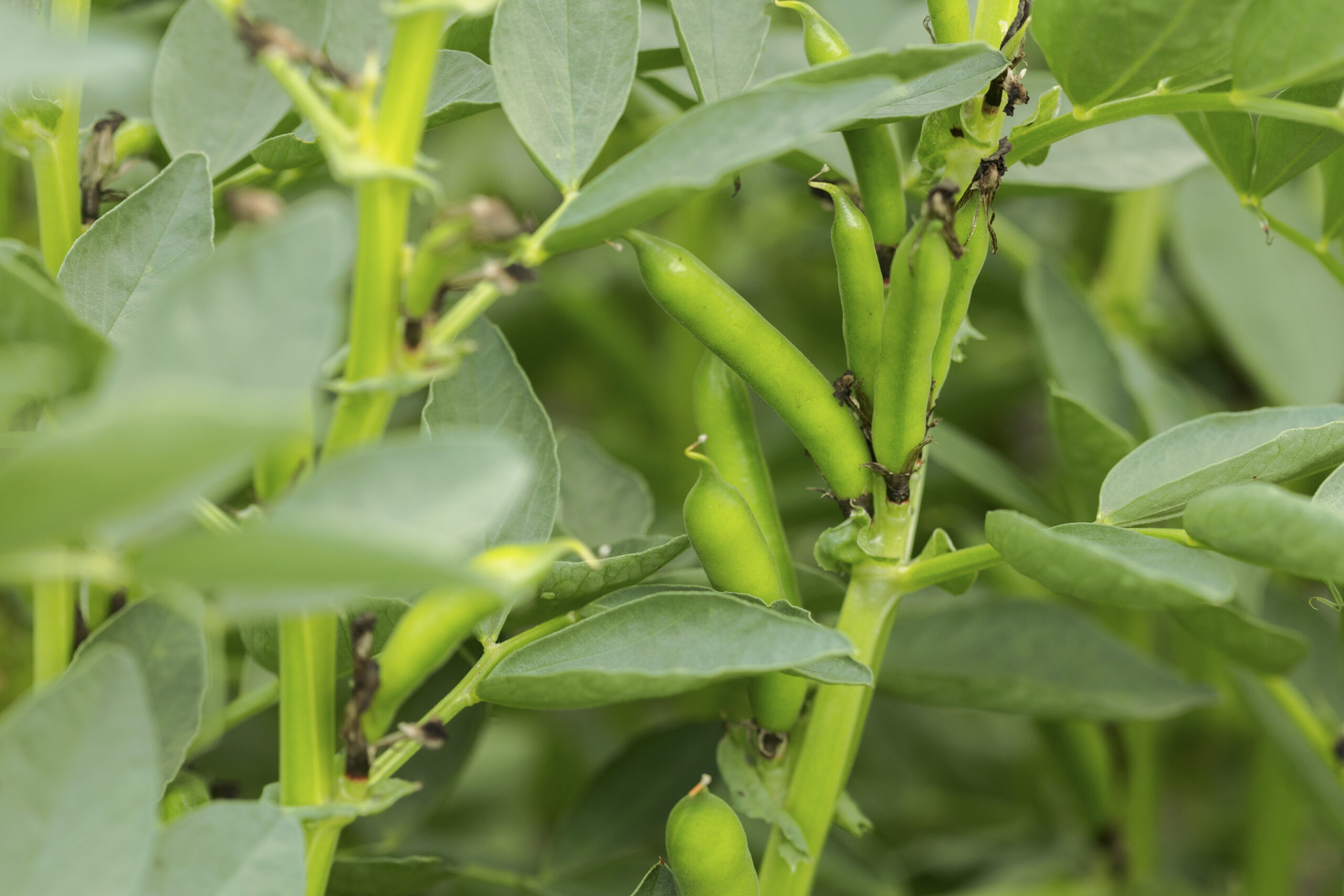Production
- Canada typically grows 95,000 acres of faba beans annually, but area has fluctuated considerably. Alberta accounts for over half of the seeded area, while Saskatchewan normally represents about a third of the Canadian seeded area. Production has ranged from 70,000 to 125,000 tonnes from 2019 to 2023. Canadian faba beans have included tannin and low-tannin varieties, with low-vicine and convicine varieties released recently that provide expanded market opportunities and which the industry is moving to focus on solely long-term.
Trade
- Faba beans are typically marketed in the Mediterranean and Middle East, with Egypt being the top buyer of faba beans globally. Canada has exported anywhere from 8,000 to 40,000 tonnes of faba beans from 2018/19 to 2022/23. Canada’s main export destinations include the United States (U.S.), Egypt, the United Arab Emirates (UAE), and Türkiye.
- Strong competition in the export market tends to cause fluctuations in Canadian export volumes. Australia is the world’s largest faba bean producer and exporter and generally produces a high-quality product preferred by importers. France, Lithuania, and the United Kingdom (U.K.) are also critical exporters of faba beans.
- Data specific to faba beans can be hard to come by, but global broad bean exports (which include faba beans) have increased by 85% over the past ten years.
Processing & Uses
- Faba beans are sold into both human consumption and animal feed markets. However, tannin-containing faba beans are unsuitable for animal feeding due to anti-nutritional factors. Low-tannin varieties are suitable for animal feeding and human consumption/exports. Low vicine and convicine varieties, currently being developed and released, will open more processing and human consumption opportunities.
Market Opportunities
- Faba beans are still an emerging pulse crop in Western Canada. Producers benefit from increased familiarity as a domestic feed source and growing global trade. Expanded domestic processing of new varieties would provide an essential market for Canadian faba beans in the protein and flour ingredient spaces.
